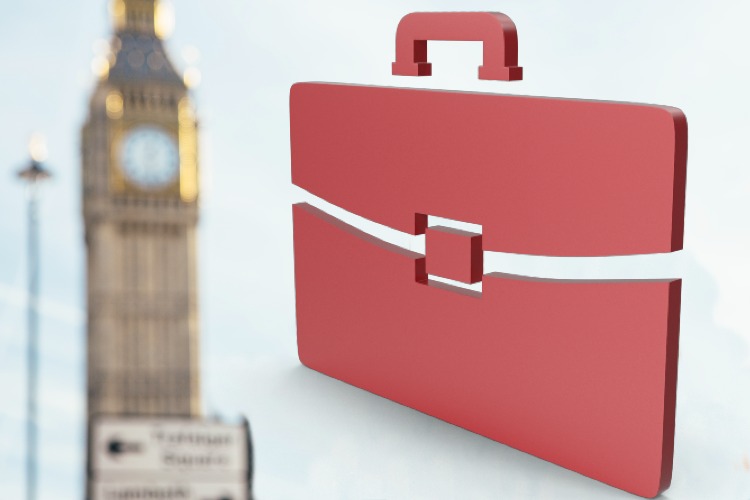Inheritance tax is a charge that can be applied on the estate (the property, money and possessions) left behind when someone dies.
You shouldn’t need to worry about IHT if:
- Your estate is worth less than the current IHT threshold of £325,000 (this is known as the “nil-rate band”)
- You leave everything to an exempt beneficiary, such as a charity or a community amateur sports club
If your estate is worth more than £325,000, anything above this threshold could be subject to IHT at a rate of 40%.
There is also the possibility of using the residence nil-rate band, set at £175,000, so that £500,000 is tax free.
There are many people that will do everything possible to reduce (legitimately obviously!) the income tax and/or capital gains tax liabilities during lifetime, but do not consider tax that may arise on ultimate death. Some people are of the opinion that whatever the beneficiaries receive is considerably more than they had received so are not concerned.
There are individuals that sell a business and suddenly an asset that may have had 100% relief from IHT as a trading company is now fully taxable as cash. Sell a business for £5m and receive cash – £2m is potentially payable on death.
The tax-free Individual Savings Accounts (ISAs) were launched in 1999 and the amounts that could be paid into such funds has increased over the years and currently stands at £20,000 p.a. All income and capital gains are tax free inside the ISA. There may be £500,000+ inside an ISA on which no lifetime tax needs to be paid. However, depending on the value of other assets in the estate, the whole of this fund could see 40% of it payable to the taxman on death.
There are a range of options available to either reduce the exposure to IHT or provide the funds in an efficient manner to pay the IHT.
Talk to us now! We can help both quantify the potential liabilities and suggest methods of reducing them.










